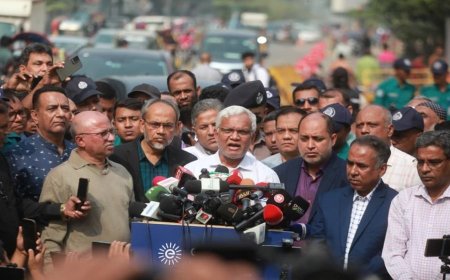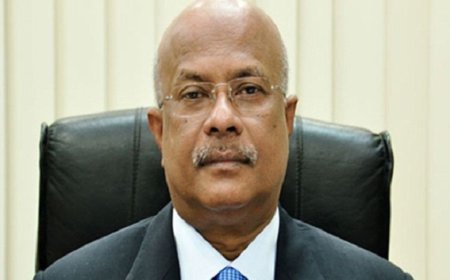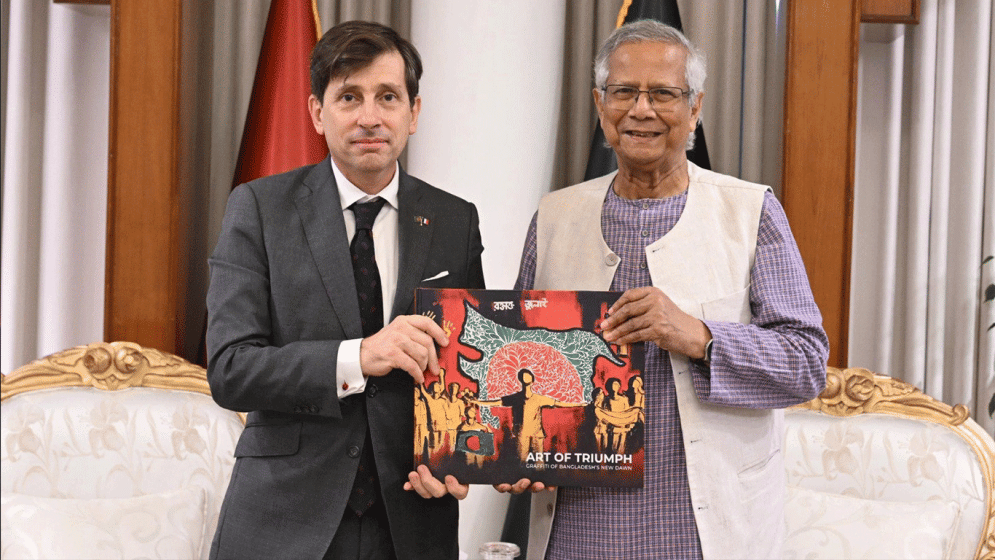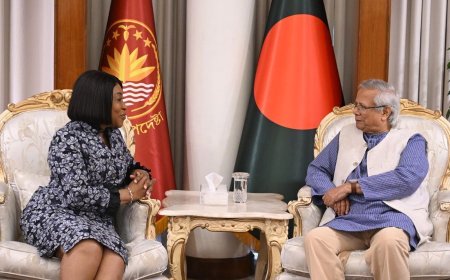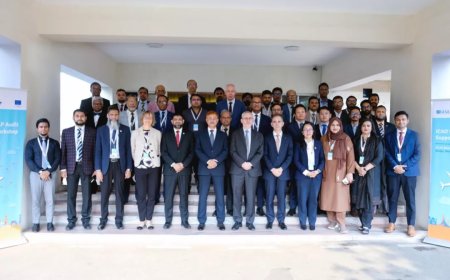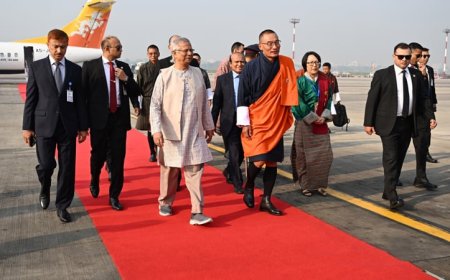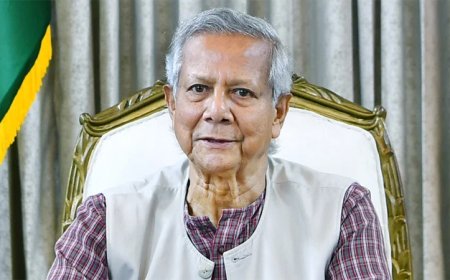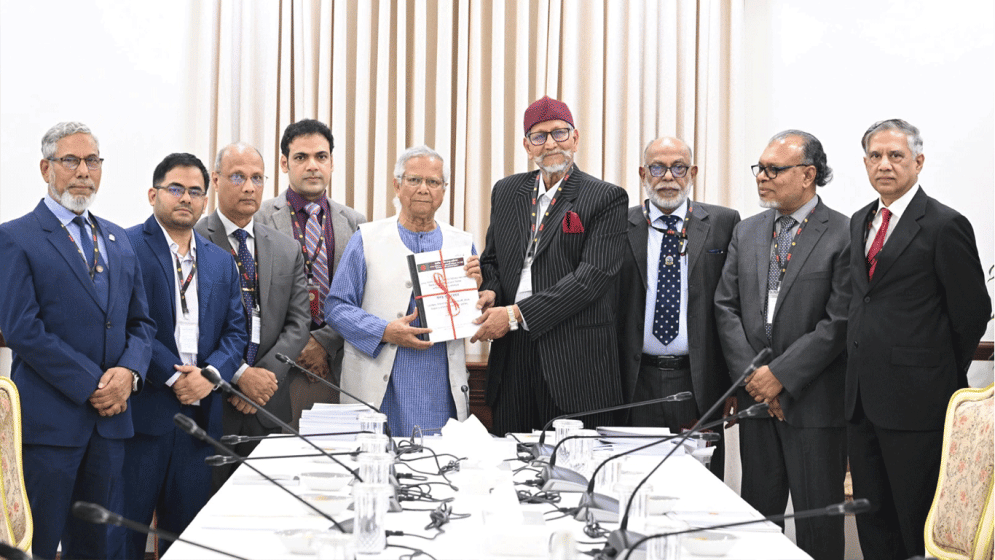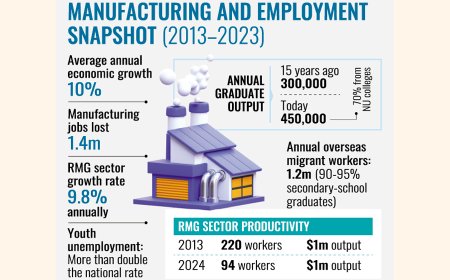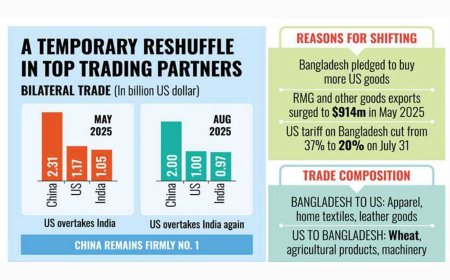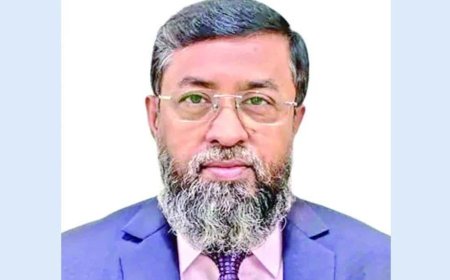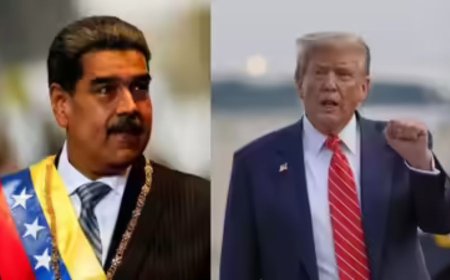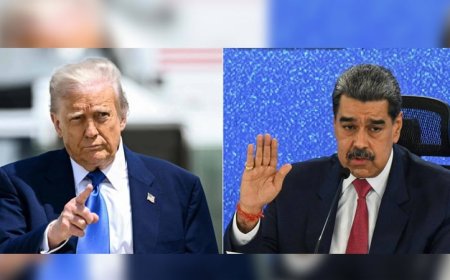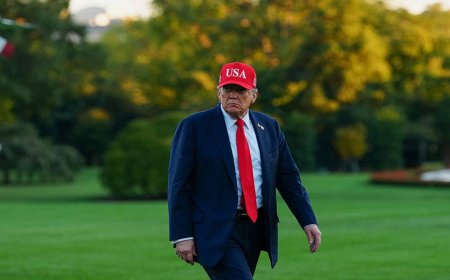Essential questions for planning and executing reforms
Essential questions for planning and executing reforms

The interim government (IG) has taken notable steps by initiating a reform process aimed at addressing the governance issues associated with the previous regime. Commissions have been established to outline reform agendas across six key areas: the constitution, public administration, judiciary, law enforcement, corruption, and the electoral process. Two separate committees have also been formed to: (a) identify pressing economic challenges facing the nation and (b) recommend both immediate and long-term economic reforms. Recently, four additional commissions were set up to address health, women’s issues, media, and labor. This ambitious reform agenda presents a significant challenge, particularly for successful implementation. In each of these areas, there have been past failures in executing public policies, as well as a continued weakening of governance institutions.
It is assumed that these commissions and committees will generate valuable insights on reversing governance failures within their domains. However, what remains uncertain to the public is the exact process through which these reforms will be enacted and who will be responsible for their execution. It is also essential to remember that the issues these reforms aim to address did not originate solely during the last regime; many of these problems have existed for decades, compounded by neglect across successive governments. Under the 16-year rule of the Awami League, these issues have intensified to critical levels, requiring extensive reforms to avert lasting damage to the political system.
Considering the longevity of these issues, it should be noted that reform proposals from previous commissions, committees, and civil society, as well as the academic community, have been available for years. During my tenure on the advisory council of the first caretaker government under Chief Justice Shahabuddin Ahmed (December 1990–March 1991), 29 task forces (TFs) were created to address issues in the economy and governance left over from the Ershad era of the 1980s. Comprising 255 leading professionals with diverse viewpoints, these task forces submitted their reports within two months, working entirely voluntarily. Notable figures such as Professor Muhammad Yunus led the task force on self-reliance policies, while Professor Wahiduddin Mahmud, now an adviser on education, led the one on macroeconomic policy. Individuals like Abdul Muyeed Chowdhury and Debapriya Bhattacharya, currently involved in commissions under the present government, also contributed to the first caretaker government’s task forces.
The reports prepared by these task forces were meant to serve both the government elected in March 1991 and the parliamentary opposition. Unfortunately, the incoming BNP government largely disregarded these reports. A similar initiative by the CPD before the 2001 elections assembled 16 task forces involving 160 professionals to propose necessary reforms, but again, the recommendations went unaddressed by the elected government. Such disregard of commissioned reports is not uncommon. For instance, a report on public administration reform was commissioned by Sheikh Hasina's government (1996–2001), and an education commission report was prepared in 2010 under the AL regime, but neither was acted upon. This trend highlights the need for genuine commitment from governments to follow through on reform agendas.
There is little doubt about the commitment of a government led by Professor Yunus to carry out reforms, particularly given its emergence from a youth-led revolution untainted by long-standing political issues. Assuming the IG remains committed to pursuing reforms, I outline below practical considerations it must address to ensure the reform process yields a better outcome than past efforts.
1. Finalizing Reforms
- Consultation Process: With whom will the commission's draft reports be discussed?
- Political parties: What criteria will determine which parties are consulted?
- Civil society: Among this large group, who will be chosen for consultation?
- Youth: Will consultations include only those leading the uprising or also other youth groups?
- Relevant stakeholders: Those involved in specific areas covered by the commissions.
- Diverging Opinions: How will the IG prioritize different viewpoints in the final reports?
- Political Realities: While it may consult all parties in the interest of democracy, the IG must consider the representative strength and electability of each party.
- Advisory Council Approval: Will the final reports, approved by the full Advisory Council, represent the IG’s definitive stance? Will there be further discussions with political parties, and how will disagreements be resolved?
2. Reform Implementation
-
Execution Timeline: When, how, and by whom will reforms endorsed by the AC be carried out?
- Legislative or Policy Changes: Who will convert the recommendations into actionable policies, legislation, or constitutional amendments—commissions or relevant ministries?
- Immediate Actions: Will the IG implement any reforms during its tenure, and if only some, what criteria will determine their selection?
- Political Party Stances: Some parties, notably the BNP, insist that only an elected government should implement reforms. Will the IG respect this stance or proceed independently if deemed necessary?
-
Long-term Sustainability: Meaningful reforms often require a government with a 4–5-year term for sustainable implementation, typically an elected government. However, the IG may consider extending its tenure to fulfill its reform mandate, though this could provoke strong resistance from major political parties. Is the IG open to this path?
3. Post-IG Reform Implementation
If the IG is unable or unwilling to implement reforms, an elected government will likely be responsible for executing them. In such a case, the IG must assess the political parties’ commitment, willingness, and ability to see these reforms through in office. Implementation must extend over the elected government’s term and align with the party’s vested interests in realizing the reforms’ goals.
Historically, the conflict between a ruling party's priorities and the objectives of reforms has hindered their implementation. The following questions, therefore, are critical:
- Sustaining Reforms: If an elected government, despite a mandate, finds it unfavorable to continue reforms, how can their continuity be ensured?
- Mandating Reforms: Can reforms be structured to ensure that future governments are obligated to uphold them?
- Oversight and Accountability: What mechanisms can ensure ongoing monitoring of reforms by:
- Parliament,
- Judiciary,
- Civil society,
- Media,
- Youth demanding reform,
- And other relevant bodies?
My experience in public affairs has led me to conclude that the problem with past governments has not been a lack of policy or reform ideas but a failure to implement them. These failures stem from a lack of commitment, conflicting interests, and the progressive erosion of governance quality. It is essential that Professor Yunus, the IG, and the commissions keep these considerations in mind as they finalize reform recommendations and make decisions on implementation strategies.
What's Your Reaction?







